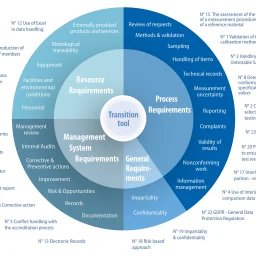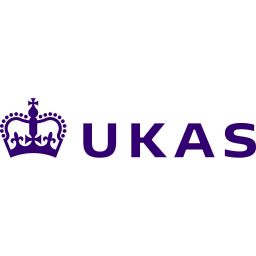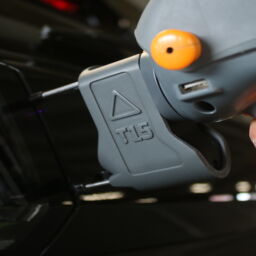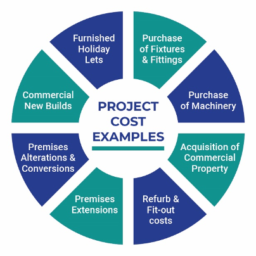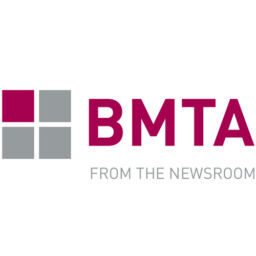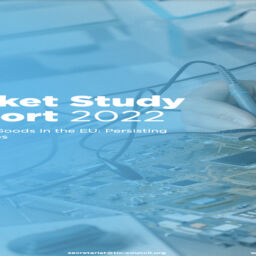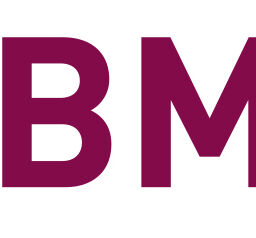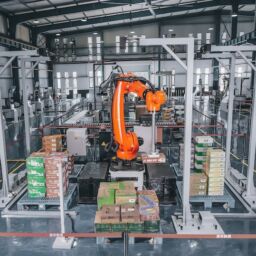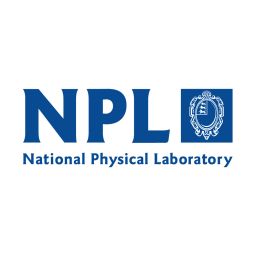
One of the problems affecting wide deployment of hydrogen refuelling systems (HRS) arises from the specific measurement challenges at the dispenser. This includes the inability to validate the amount of hydrogen dispensed with respect to dispenser readout. Customers using a HRS will expect a similar measurement error to what they currently have when filling at a petrol or diesel refuelling station.
TÜV SÜD National Engineering Laboratory recently participated in the EMPIR MetroHyVe project which looked at addressing some of the metrological challenges at HRS. The EMPIR MetroHyVe 2 project which is currently in progress, builds on the learnings from the previous project. One of the aims of the current project is to develop a metrological, traceable framework for testing dispensers at hydrogen refuelling stations. As part of this activity a number of Measurement Institutes, including TÜV SÜD, will be participating in an intercomparison test where field test standards from will be evaluated at a hydrogen refuelling station.
The Department for Science, Innovation and Technology provided the funding via the National Measurement System for the design and build of the TÜV SÜD light duty hydrogen field test standard that was used in this project.
The light duty hydrogen field test standard was recently commissioned at TÜV SÜD, and this included verification of the uncertainty for the test standard’s gravimetric system. The test results proved the light duty hydrogen field test standard can achieve the target uncertainty of 0.3% (k=2). This test standard can therefore be used to validate light duty vehicle HRS dispensers against OIML R139 requirements. The verification test was undertaken using nitrogen gas, where the mass indicated by the test standard was compared against a calibrated Coriolis flow meter. An inter comparison was also carried against TÜV SÜD’s dry gas facility. The test results proved the light duty hydrogen field test standard can achieve the target uncertainty of 0.3% (k=2). This test standard can therefore be used to validate light duty vehicle HRS dispensers against OIML R139 requirements.
Currently, the rig is going through ATEX certification before it can be used at HRS. It will also be taken to Germany as part of the project where its performance will be compared against other European partners at the same station to see how the uncertainty compares. We expect that the platform will be operational by the end of the year.
Dr Revata Seneviratne, clean fuels consultant at TÜV SÜD said: “Once commissioned it will be the first of its kind in the UK, and we are looking forward to working closely with hydrogen refuelling stations to help them prove uncertainty levels against the OIML R139 requirements.”
Learn more about our hydrogen services and hydrogen training:
Visit our hydrogen services web page for more info about how we can help you and see our hydrogen training courses which include an Introduction to Hydrogen Fundamentals and a 5-part Hydrogen Application Training Course.

